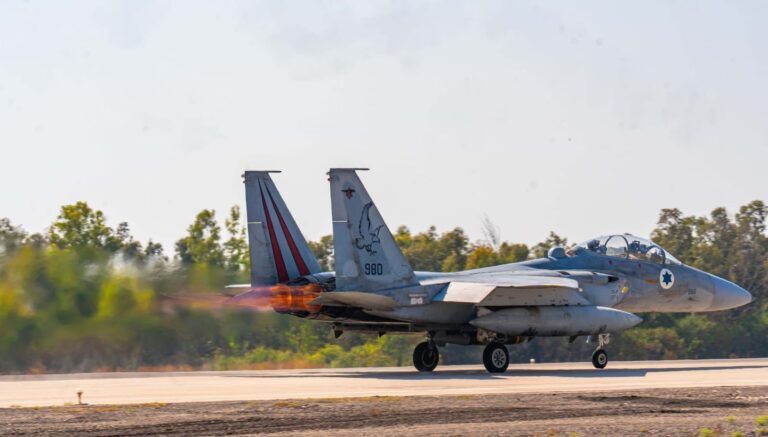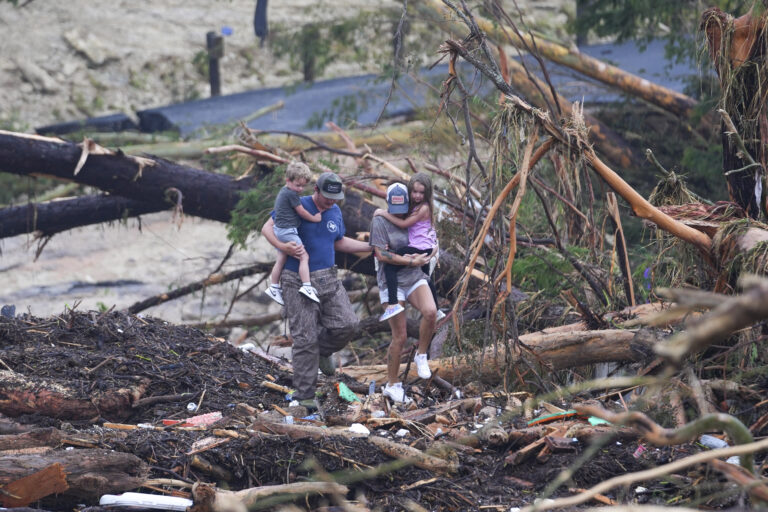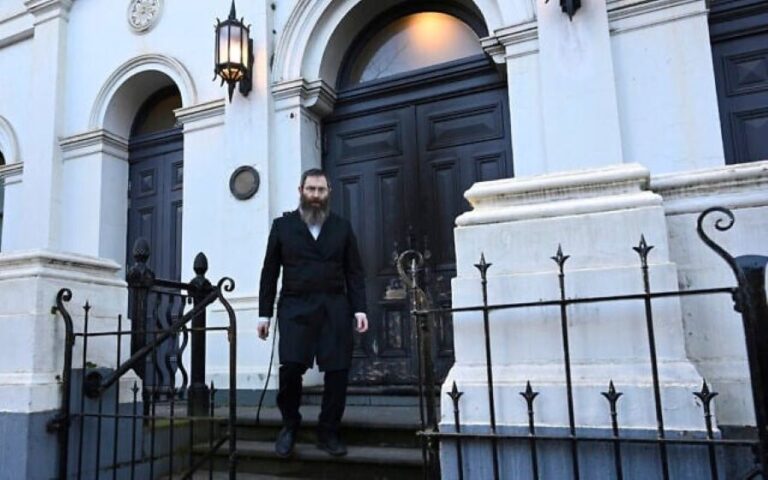 A dispute in the IDF’s General Staff regarding the timing of a planned operation to abduct two brothers, Hamas terrorists, led to missing the opportunity to obtain the information in advance that would have warned the IDF of the June 25, 2006 attack in which Shalit was taken captive. This is at least the feeling of some based on information now available.
A dispute in the IDF’s General Staff regarding the timing of a planned operation to abduct two brothers, Hamas terrorists, led to missing the opportunity to obtain the information in advance that would have warned the IDF of the June 25, 2006 attack in which Shalit was taken captive. This is at least the feeling of some based on information now available.
A short time following the attack, one of the brothers during his interrogation gave his interrogators a great deal of information, including many details of the attack, the daily Haaretz reports, based on a report in the daily Maariv.
Some of the officers involved in the mission now feel that if the operation hadn’t been delayed for 24 hours, they would have broken the suspect a day earlier, and thereby would have been informed of the attack in advance, perhaps enabling the IDF to prevent the catastrophic outcome.
After the capture of the brothers, the ISA (Israel Security Agency – Shin Bet) informed the IDF of a major attack that was planned along the Gaza border. As a result of the credible concrete terror warning, appropriate defensive and offensive strategies were placed into motion by the military late on the 23rd of June, a bit over 24 hours before the attack in which Shalit was taken captive. The measures were in line with the information available.
According to a report in the daily Maariv appearing before Shabbos, on that same night, the IDF apprehended the two brothers, Mustafa and Osama Muhmad east of Rafiach. Mustafa was active in Hamas and Osama recently returned from Sudan, where he was studying medicine.
It was reported that Mustafa broke under interrogation and provided accurate intelligence information on motzei Shabbos June 24th, that a major terror attack was planned near Kibbutz Kerem Shalom [where Gilad was abducted] via a tunnel. The information was passed on immediately but for some reason, it ‘got stuck’ at one of the stations and never reached the soldiers in the field.
On the morning of June 25th, Hamas attacked north of the kibbutz via a tunnel, killing two soldiers and capturing a third, Gilad Shalit.
According to Haaretz, its investigation with “five security sources, some senior, well aware of the details of the events, the situation was somewhat different [than Maariv reports].”
Haaretz contradicts Maariv and insists the only came after Shalit was taken captive. On motzei Shabbos, the information obtained from the prisoner when he broke under interrogation was more general and did not point to the particular attack the following morning. Only following the murder of the two soldiers and the abduction of Shalit, was the ISA permitted to use non-conventional tactics, leading to more detailed information from the prisoner. It is important to understand that when Mustafa broke and gave details, he was not aware the attack had already been carried out since he was already in lockup. The ISA refused comment on any details of the stories.
The Haaretz version however leads to the question if the operation to apprehend the brothers could have been moved up. At that time, some nine months following the expulsion of the Gaza Jewish community, the military was not too quick to order operations inside Gaza. The intelligence information on the two brothers was limited, but the decision had been made to apprehend them to determine just how much they knew regarding a planned attack. The home in which they reside is about 1.5 kilometers (almost a mile) from the Gaza border, deeper into Hamas territory than the army wished to operate following the implementation of the Disengagement Plan. The IDF’s Southern Command and Gaza Brigade Commander consulted with the ISA and an operational plan was designed for a small elite unit to apprehend the two.
On Thursday June 22nd, then-IDF Chief of Staff Dan Halutz held a briefing that addressed the proposed plan to apprehend the brothers. The commander requested the okay to execute the plan that night, supported by then Deputy Chief of Staff Moshe Kaplinsky. Intelligence and Operations officers were opposed to the timing, explaining the plan was not yet in the operational stage.
Halutz gave the green light to execute the plan that night (Thursday) and so did then–Defense Minister Amir Peretz, who relied on the approval for the mission by the ISA. Later on, Halutz shifted position, preferring to heed the warnings of the intelligence and operations communities, and ordered the mission to be placed on hold for 24 hours.
The mission was carried out on Friday night, July 23rd, and by the time the attack took place in which Shalit was taken captive, only partial information had been obtained by Shin Bet interrogators according to the Haaretz version. Authorities did not have enough information to prevent the attack as it took place.
This painful reality leaves the question if the lost day may have made the difference and perhaps prevented the attack, the deaths of two soldiers, and the abduction of Shalit.
One senior unnamed official involved in the decision-making process, the mission and other events, warned regarding 20-20 hindsight, adding the rhetorical question poses too many “what ifs” – just too much speculation based on knowledge obtained after the fact.
He reminds us that at the time, no one knew the planned attack was intended towards abducting soldiers. He added that it was also unclear just how much information Mustafa was capable of furnishing. The General Staff also felt the force was not yet prepared for the mission, unaware the time was critical, since at the time, no one could see into the future.
Following Shalit’s abduction, Halutz appointed reserve duty Major-General Giora Eiland to investigate the ISA’s performance in the matter. ISA Director Yuval Diskin was angered by statements released by Halutz, who told the media the IDF did not have any intelligence warnings ahead of the attack. As a result, Diskin opted not to cooperate with Eiland’s investigation.
The blame was eventually placed on military intelligence, for not giving enough weight to the information which reached Southern Command of the IDF. The army was also criticized for not taking a preemptive step in response to information of Hamas operating in a tunnel in the area.
This report is not intended to be judgmental, but to give you, the reader, a small glimpse of the complexities regarding the daily decisions made by members of the IDF and the various intelligence communities. Even a small mission which would place a number of soldiers at risk requires the approval of the most senior command when it takes place in enemy territory.
At times, we may be too quick to judge, not really having any real idea of the enormous weight and responsibility carried by the leaders of the IDF, ISA, Israel Police, Mossad and other agencies and elite units.
Baruch Hashem, in more cases than we will ever know, attacks do not take place, abductions are foiled, and the soldiers who give their all for Eretz Yisrael are successful shlichim, keeping Am Yisrael safe, unaware of the dangers lurking around us. As we prepare for Sukkos around the world, it is our fervent tefilla that Gilad Shalit and the other IDF MIAs, along with imprisoned Israeli agent Jonathan Pollard, return home to celebrate with their families and loved ones.
(Yechiel Spira – YWN Israel)










